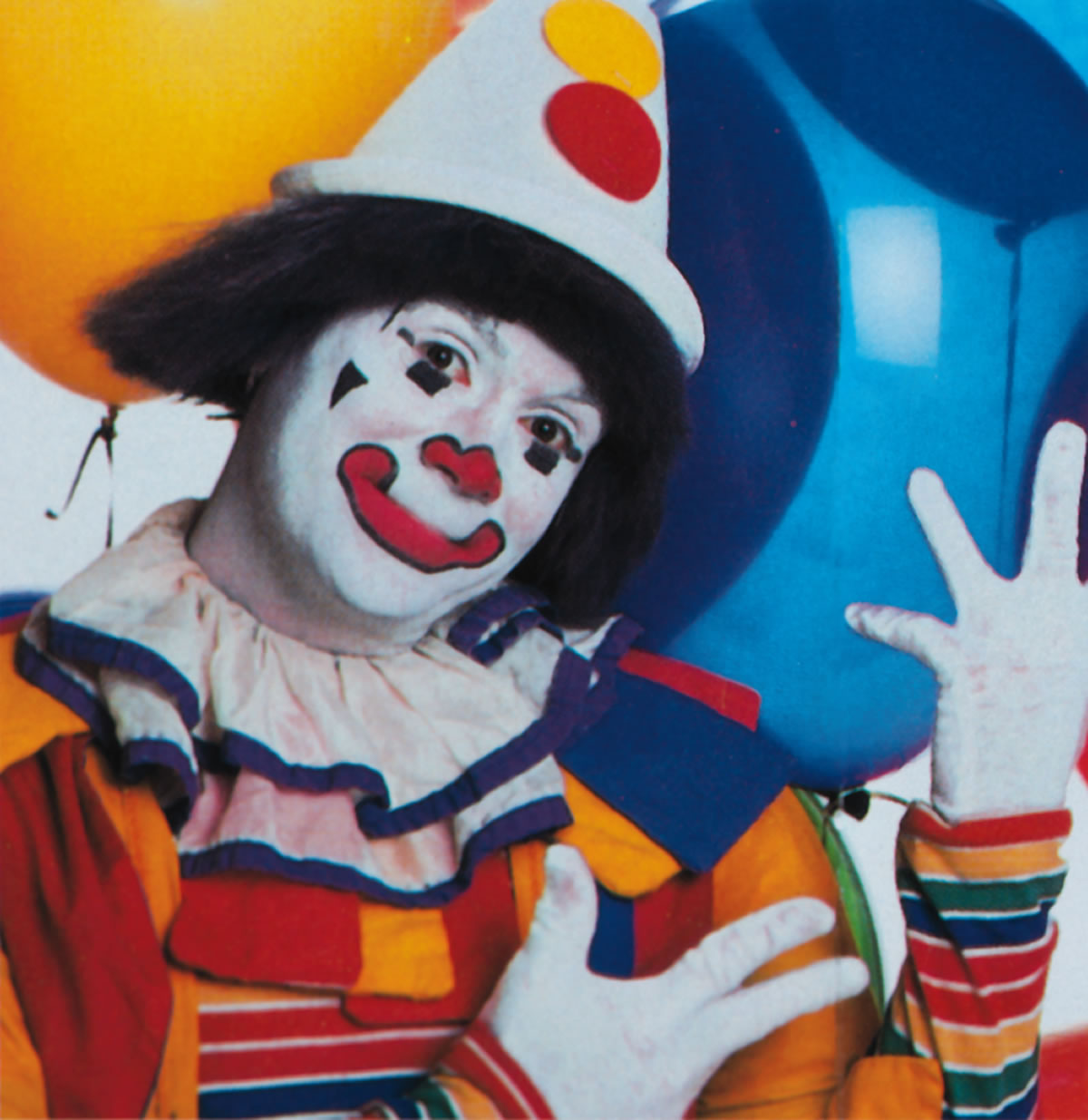Understanding Payaso: The Clown Culture And Its Significance
In the world of entertainment, the term "payaso" refers to clowns, a figure that evokes a wide range of emotions and cultural significance. From joyous laughter to deep-rooted fears, payasos have a unique position in society. This article aims to explore the multifaceted aspects of payasos, tracing their history, cultural implications, and their presence in modern-day entertainment. Here, we will delve deep into the essence of what payasos represent and their impact on both individuals and communities.
The cultural significance of payasos varies across different countries and traditions. While in some cultures they are seen as lovable jesters who bring joy to children and adults alike, in others, they can evoke fear and anxiety. Understanding these dynamics is essential for grasping the broader implications of this figure in contemporary society. In this comprehensive article, we will dissect the various dimensions of payasos, their evolution, and their role in various cultural contexts.
As we navigate through this exploration, we will provide you with insightful information, backed by research and credible sources. By the end of this article, you will have a clearer understanding of payasos, their history, and their significance in modern culture. So, let’s embark on this colorful journey into the world of payasos!
Table of Contents
- 1. The History of Payasos
- 2. Cultural Significance of Payasos
- 3. Modern-Day Payasos
- 4. Psychological Impact of Payasos
- 5. Famous Payasos Around the World
- 6. Payasos in Media and Entertainment
- 7. Payasos in Events and Celebrations
- 8. Conclusion
1. The History of Payasos
The origins of payasos can be traced back to ancient civilizations. Clowns have been a part of human entertainment for centuries, often serving as the comic relief in various forms of storytelling.
- Ancient Rome: The Roman Empire had its own version of clowns known as "histriones" who performed in theaters.
- Middle Ages: During the Middle Ages, jesters entertained royalty, often using humor to critique politics and society.
- Commedia dell'arte: This Italian theatrical form introduced iconic clown characters that influenced modern-day payasos.
As we move forward, the evolution of payasos reflects changes in societal norms and cultural perspectives, creating a rich tapestry of tradition and modernity.
2. Cultural Significance of Payasos
In various cultures, payasos symbolize different things. Their role often mirrors societal values and challenges.
Emotional Connection
Payasos tend to evoke strong emotional responses. In many cultures, they are seen as a bridge between joy and sorrow.
- Bring laughter and happiness to children.
- Serve as a reminder of the transient nature of life through their comedic performances.
Cultural Festivals
Many cultures incorporate payasos into their festivals, highlighting the importance of humor and joy in communal celebrations.
3. Modern-Day Payasos
Today, payasos have adapted to modern entertainment forms, including circus acts, television shows, and social media platforms.
- Clowns in circuses continue to entertain audiences globally.
- Television shows feature payasos as beloved characters.
- Social media has given rise to new forms of clowning, often with a comedic twist.
4. Psychological Impact of Payasos
While many adore payasos, some individuals experience "coulrophobia," an irrational fear of clowns. This phenomenon can be attributed to various factors:
- Media portrayals of sinister clowns.
- Personal experiences or trauma associated with clowns.
Understanding these psychological implications is crucial in addressing fears and promoting positive experiences with payasos.
5. Famous Payasos Around the World
Throughout history, numerous payasos have left their mark on the entertainment industry. Here are a few noteworthy figures:
| Name | Country | Notable Works |
|---|---|---|
| Bozo the Clown | USA | Television Series |
| Claudio "The Clown" | Italy | Theatrical Performances |
| Patch Adams | USA | Medical Clowning |
6. Payasos in Media and Entertainment
Payasos have made significant appearances in various media forms, shaping the public's perception of clowns.
- Films often portray clowns in both comedic and horror contexts.
- Television shows integrate payasos into family-friendly content.
These representations influence how society views payasos, oscillating between admiration and fear.
7. Payasos in Events and Celebrations
From birthday parties to large festivals, payasos play a crucial role in creating joyful experiences.
- Children's parties often feature payasos for entertainment.
- Festivals incorporate clown performances to engage audiences.
Their ability to connect with audiences of all ages underscores their importance in celebratory events.
8. Conclusion
In summary, payasos hold a significant place in various cultures, representing joy, laughter, and sometimes fear. Their evolution over time reflects societal changes and cultural values, making them an enduring figure in entertainment. As we continue to explore the world of payasos, it's essential to appreciate their contributions to both individual happiness and community celebrations.
We invite you to share your thoughts about payasos in the comments below. If you enjoyed this article, consider sharing it on social media or exploring other related topics on our site!
Thank you for taking the time to read about payasos. We hope to see you again for more engaging content!
Bravo Company: A Comprehensive Guide To Its History, Operations, And Impact
Flamingo Learning: Revolutionizing Education Through Innovative Techniques
Exploring The Depths Of $uicideboy$ Songs: A Comprehensive Guide


